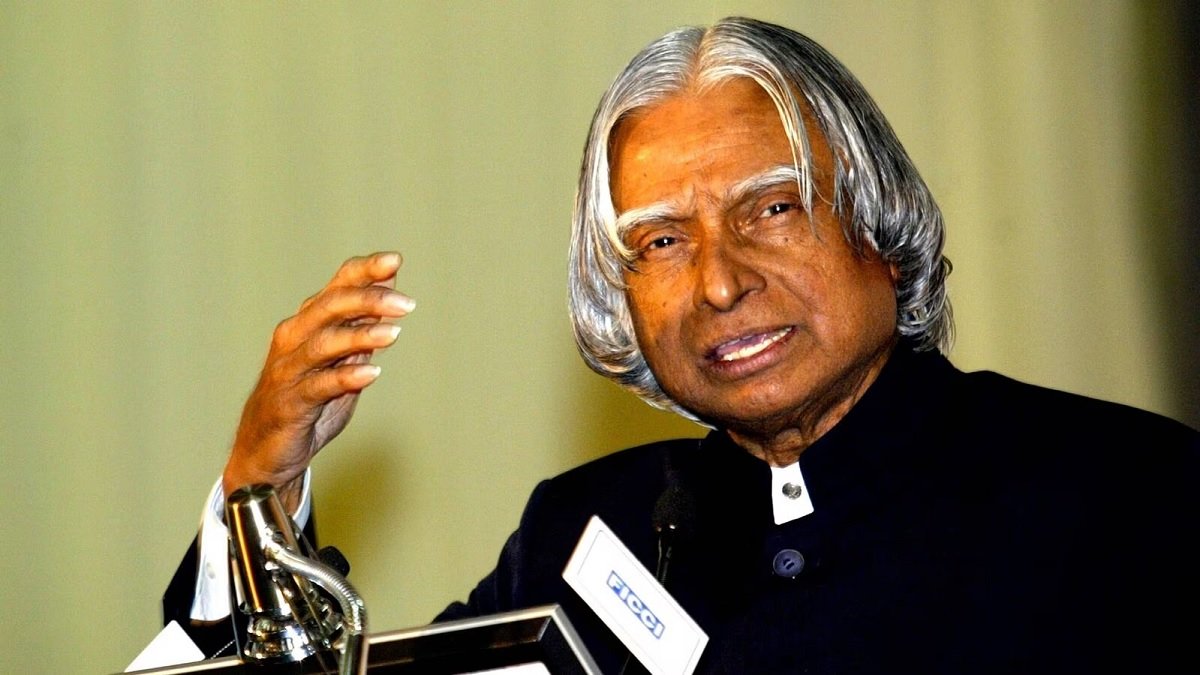The Bahá’í teachings, articulated by a lineage of profound leaders, epitomize a comprehensive worldview that encompasses the spiritual and material progress of humanity. Central to this discourse is Abdu’l-Bahá, the son of Bahá’u’lláh, the founder of the Bahá’í Faith. His elucidations not only encapsulate the essence of the Bahá’í message but also serve as a catalyst for a transformative shift in perspective among individuals and communities alike.
Abdu’l-Bahá’s teachings are rich with concepts that challenge conventional paradigms, encouraging seekers to transcend societal norms and embrace a more universal understanding of existence. Among the cornerstone principles he espoused is the unity of humanity, which posits that all people, irrespective of race, nationality, or creed, constitute a single family. This teaching garners significant relevance in our contemporary milieu, characterized by divisiveness and strife. By fostering a sentiment of global interconnectedness, Abdu’l-Bahá invites individuals to re-evaluate their relationships with others, engendering a spirit of solidarity and collaboration.
Furthermore, Abdu’l-Bahá emphasized the importance of personal transformation as a precursor to societal change. His assertion that “the world of humanity is in need of a great change” underscores the necessity for individuals to embark on a journey of self-refinement. This process is not merely an inward reflection but also a commitment to action. The individual’s moral development serves as the bedrock upon which a just and peaceful society can be constructed. Abdu’l-Bahá’s call for personal transformation challenges individuals to re-examine their ethical standards, fostering a culture of integrity and accountability.
In addition to ethical imperatives, Abdu’l-Bahá’s teachings encompass the recognition of the power of education. He ardently advocated for the education of all, regardless of gender or socio-economic status, perceiving it as the cornerstone of individual empowerment and societal advancement. The disassociation of education from privilege illustrates a radical departure from traditional paradigms, wherein learning is often perceived as an elitist pursuit. By promoting universal access to education, Abdu’l-Bahá posits that knowledge serves as a transformative force, elevating individuals and, by extension, communities.
Amidst the foundational principles of the Bahá’í teachings lies the concept of justice. Abdu’l-Bahá meticulously delineated justice as a divine attribute, essential for the resolution of conflicts and the establishment of lasting peace. His teachings implore individuals and institutions alike to prioritize equity, advocating for systems that ensure fairness in all facets of life. Justice emerges not only as a moral imperative but as a requisite for true unity. The interplay of justice and unity, as articulated by Abdu’l-Bahá, invites a re-evaluation of governance, legal frameworks, and social institutions, urging accountability to be entrenched at the core of societal functioning.
Abdu’l-Bahá’s perspective on religion also warrants attention. He elucidated a view of religion as a unifying and progressive force, which stands in stark contrast to the often fractious and dogmatic interpretations prevalent in various faith traditions. He advanced the notion that true religion is the vehicle for the manifestation of divine attributes in humanity, fostering love, compassion, and understanding. In light of this assertion, individuals are encouraged to embrace a spirituality that transcends temporal differences, seeking the commonalities that bind diverse faiths together. Such a stance serves to cultivate an environment where dialogue and mutual respect flourish.
The concept of consultation—an integral aspect of community life as championed by Abdu’l-Bahá—demonstrates another profound shift in perspective. This principle advocates collective decision-making, emphasizing the importance of discourse and the sharing of ideas. Rather than relying solely on hierarchical structures or individual authority, consultation cultivates an inclusive atmosphere where diverse viewpoints are valued. This practice engenders a sense of ownership among community members, catalyzing collective growth and fostering a sense of unity.
Abdu’l-Bahá’s life exemplified the principles he espoused. His travels to the West were not merely for the propagation of the Bahá’í Faith; they were also aimed at building bridges between cultures and encouraging dialogue. He engaged with individuals from various backgrounds, illustrating the potential of human connection to transcend boundaries. His capacity to articulate complex spiritual concepts in accessible language allowed him to resonate with a broad audience, piquing curiosity and inviting exploration of Bahá’í teachings.
The synthesis of these principles—unity, education, justice, spirituality, and consultation—culminates in a compelling vision for the future. Abdu’l-Bahá’s teachings not only serve as a roadmap for personal and communal development but also invite individuals to rethink their role within the larger tapestry of humanity. His message encourages a shift in perspective that recognizes the interdependence of all people and the shared responsibility to foster a just and equitable world.
In conclusion, the teachings of Abdu’l-Bahá remain immensely relevant as they advocate for profound transformations at both personal and societal levels. Through a nuanced understanding of unity, justice, education, and consultation, individuals are beckoned to partake in a collective journey towards the upliftment of humanity. The legacy of Abdu’l-Bahá calls for a reimagining of societal structures and interpersonal relationships, urging humanity to move beyond superficial distinctions and embrace a unified global consciousness. As we endeavor to manifest these principles in our daily lives, we embark on a path that promises not only personal enlightenment but also the realization of a more harmonious and interconnected world.
